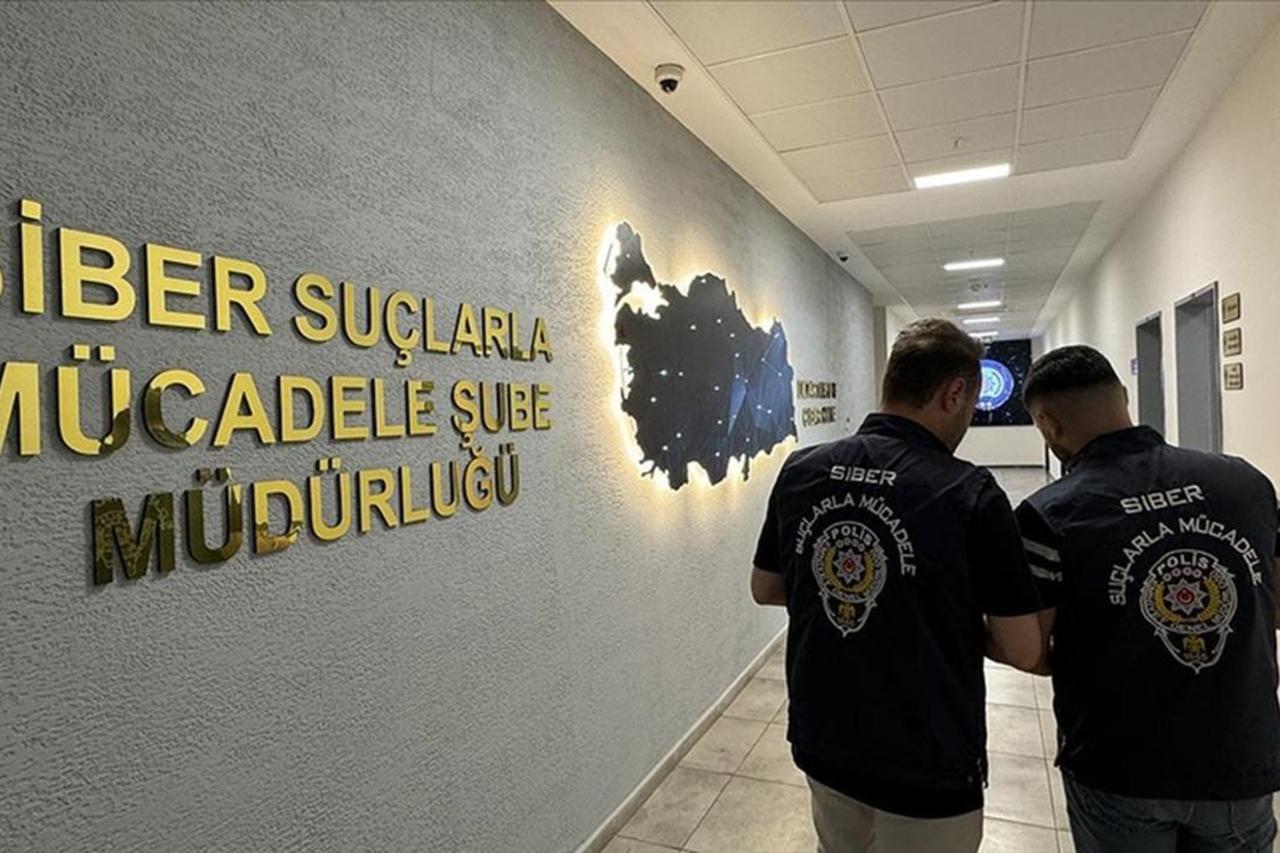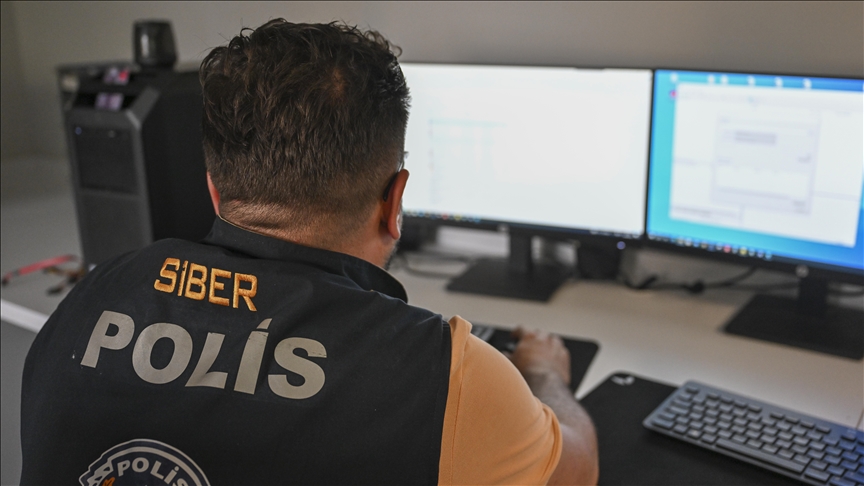
The Turkish police on Tuesday denied claims that suspects in the country's massive fake diploma scandal had gained access to narcotics databases using a forged electronic signature belonging to a police chief superintendent, amid growing concerns about the scope of the criminal network.
The General Directorate of Security (EGM) issued a written statement responding to media reports and social media claims that suspects had "obtained a chief superintendent's e-signature and used it to access all kinds of drug systems and remove judicial controls."
The police statement comes as prosecutors pursue charges against 199 suspects in an elaborate scheme that used forged electronic signatures of high-ranking government officials to produce fraudulent university degrees and driver's licenses.
Interior Minister Ali Yerlikaya previously announced that 37 suspects were arrested during operations in January and May.

The EGM emphasized electronic signatures used in police services are produced exclusively by the institution itself, with certification processes conducted internally. External e-signature usage is "absolutely out of the question," according to the statement.
"E-signatures produced by the institution are used only on the Electronic Document Management System," the police said, adding that there is no narcotics system that can be accessed through e-signatures as alleged.
The statement detailed that narcotics systems use "multi-layered, different security systems and access through closed networks" for user authorization and identity verification.
These systems are closed to external internet connections, making e-signature access impossible due to the system's nature.
Police confirmed that a fake e-signature was produced without the knowledge of a chief superintendent but clarified the signature was not copied from existing credentials.
Instead, suspects used fake identity cards and fraudulent documents in the officer's name, along with different phone and email addresses not belonging to the personnel, through a dealer/office of an electronic certificate service provider in one province.
The fraudulent e-signature has since been canceled, and no evidence was found that it was used to perform any operations, according to the statement.

The chief superintendent whose identity was used filed a criminal complaint on June 30, 2025, against those who produced the fake e-signature and facilitated its creation, police said.
The EGM also clarified that judicial control decisions and related procedures are handled by judicial authorities, with police personnel having "absolutely no such authority."
The fake diploma investigation began in 2024 when Ankara's Chief Public Prosecutor's Office detected irregular activities at electronic certificate providers' offices across multiple provinces, including Adana, Mersin, Hatay, Ankara and Istanbul.
The criminal network operated by copying electronic signatures of senior officials from Türkiye's Information and Communication Technologies Authority (BTK), Higher Education Council (YOK), and Ministry of National Education (MEB).
The suspects worked with employees at two electronic certificate providers—TURKTRUST and E-IMZATR—to produce fake credentials using fraudulent driver's licenses and national identity cards.
The investigation revealed the production of 57 fake university diplomas spanning fields including psychology, mechanical engineering, architecture, computer engineering, political science, art teaching, and civil engineering, along with four high school diplomas and 108 fraudulent driver's licenses.
Prosecutors identified Ziya Kadiroglu as the organization's leader, a former teacher and current doctoral student at Duzce University who has faced document forgery charges since 1999.
Kadiroglu previously served five years in prison and was involved in three separate investigations as an "organization leader" in 2010, 2012 and 2016.